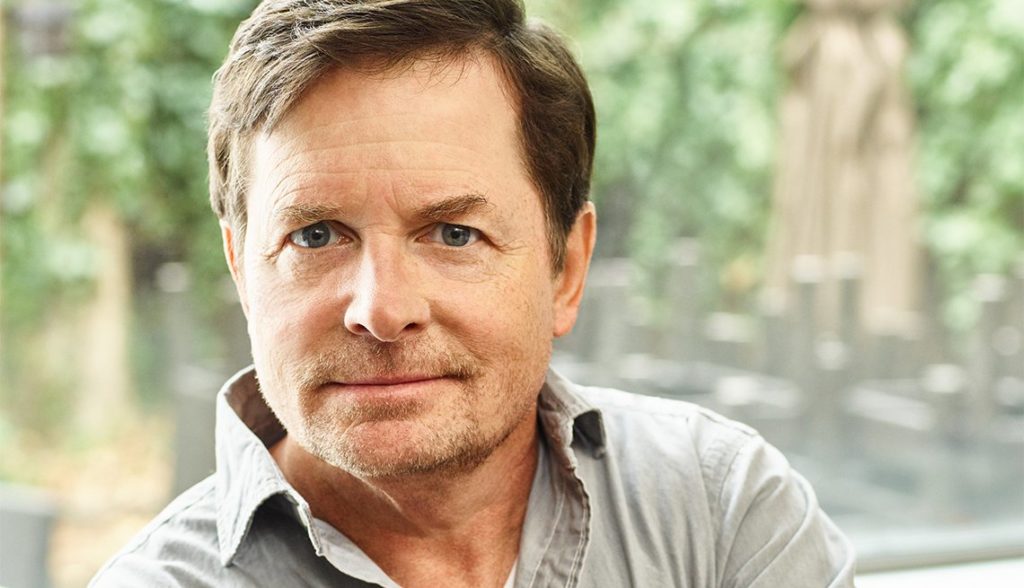
I recently sat in on a Zoom interview with Michael J. Fox. He was talking about his new book, No Time Like the Future. He was great. He is great. He’s hard not to love, and although I’ve watched all his films and tv shows, I never read any of his books. He has written many books – he’s an incredibly talented guy – but this book I especially wanted to hear about. The subtitle is An Optimist Considers Mortality, and I very much wanted to hear what he had to say about that topic. Fox has had a lifetime of health problems, enough to cause him to feel like a modern day Job. But he has managed to keep that dark outlook at bay, and has used his problems to create solutions, famously raising a billion dollars (yes, billion with a ‘B’) for Parkinson’s research via the Michael J. Fox Foundation. How does he do it? How does he continue to be so optimistic despite everything? I wanted to know because I have found that over the past few years – even before CoVid – my own signature optimism had disappeared.
I was always the one to look on the bright side. I was always the one to believe that people were basically good and, if their best natures were appealed to, they would be kind and helpful and sympathetic. I believed that life was good, would continue to be good, and was always worth living. As the decades rolled by and I maintained my optimistic stance, I weathered being called (outright or not) a Pollyanna, naive, unrealistic, simple-minded, and worst of all, artsy. But then I changed. I can say it started with the election of Donald Trump. And I can say it continued with the pandemic. I’m not sure if that’s true, though. But whatever the cause, I started to see every glass as half empty, and a world filled with selfish and angry people. I began to wonder if the hopeful tones of my novels were disingenuous. When I encouraged my students to discover their voices, speak up and find their better places in the world, was I really leading them down a garden path that was actually covered with landmines? So I wanted to hear what Mike Fox had to say, and I hoped that he could cure me.
When I bemoaned the fact of my lost optimism to a friend she said “Sue, you’re not the fucking Dali Lama.” I think about that often and yes, I’m not, nor do I want to be. But I do want to be happy. I do want to believe that the world is a place that can be filled with joy and purpose and humans coming together to help one another despite the real dangers that surround them. My own writing and my work with Writing Through are both founded on those beliefs. I want to believe them again, even while keeping my eyes open to the dark realities of our world. And I don’t want to feel like a chump doing it.
Fox’s book has helped, just as I had hoped. He writes with humor and honesty, and with a great deal of generosity. His message to me is that optimism is linked to gratitude. He shares with us the lesson he learned from his father-in-law:
With gratitude, optimism becomes sustainable.
When I read that, something inside clicked. I had gratitude, but I had lost its connection with hope. I then remembered another wise statement that I had read almost a year ago in, of all places, The Harvard Business Review in an article called What Good Leadership Looks Like During The Pandemic:
Without hope, resolve is impossible.
I know I have gratitude. It is something I try to remember and find somewhere every day. I know I have resolve, otherwise I would have stopped doing everything I do long ago. And I now understand better the sum of that equation:
Gratitude + resolve = hope + sustained optimism
I hope that by writing this down here and sharing it with whoever reads this, I’ll be able to take the generosity of Michael J. Fox and pass it along. I hope by writing this down, I’ll remember it and go back to being my old stubbornly optimistic self. And I hope maybe you will, too.

Recent Comments